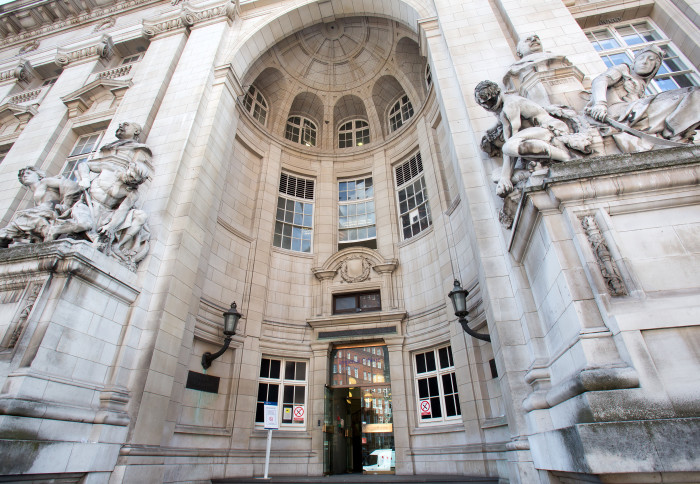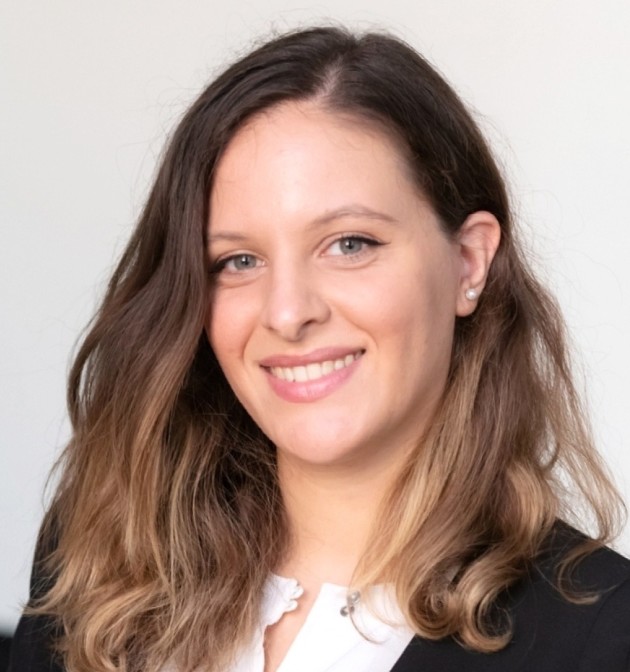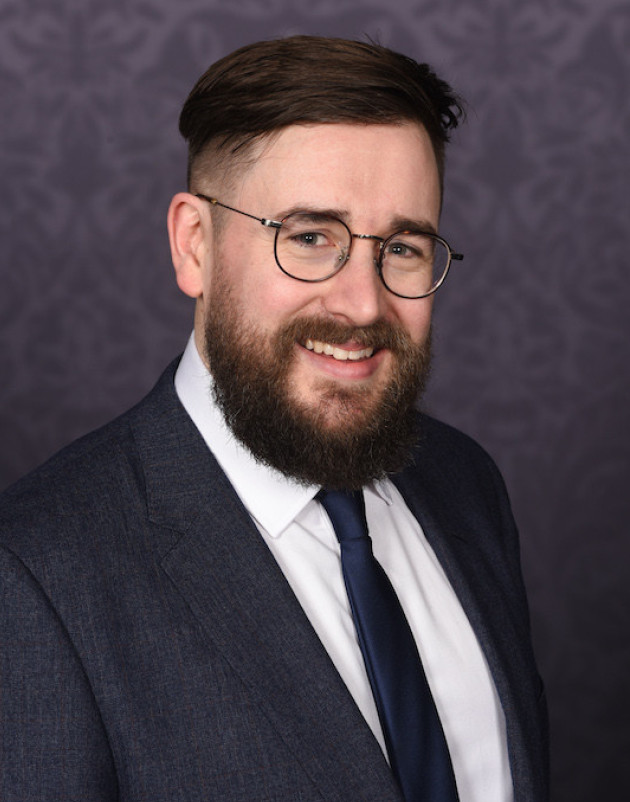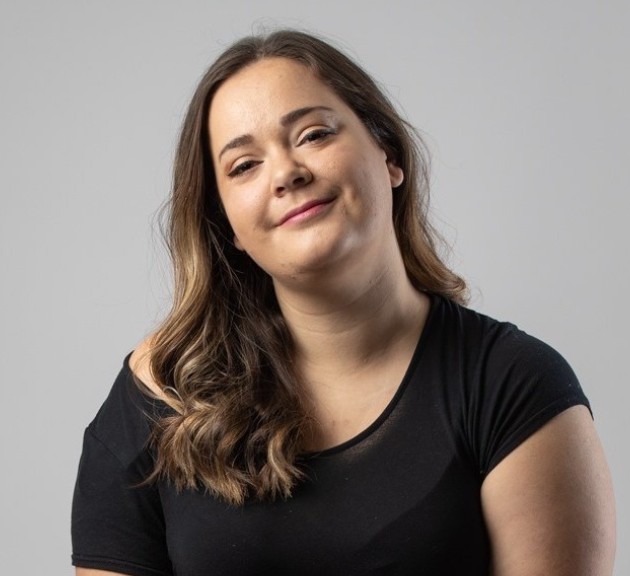New postdoctoral fund awardees announced in the Department of Materials

The Department of Materials has announced the second round of awardees for the Head of Department's fund.
The fund was introduced to support postdoctoral researchers with moving to the next stages of their career.
Three successful postdoctoral researchers in the Department of Materials have been awarded the new seed fund to develop their research for one year. The funding will allow the successful applicants to develop their research independence in preparation for fellowship applications.
The awardees of this funding round were announced as Dr Giulia Brachi, Dr Stuart Higgins and Dr Abigail Ackerman.
Dr Giulia Brachi
 Dr Giulia Brachi is a Research Associate in the Department of Materials in Prof Molly Stevens Group.
Dr Giulia Brachi is a Research Associate in the Department of Materials in Prof Molly Stevens Group.
Dr Brachi leverages her expertise in nanomedicine and materials science to engineer advanced micro and nanotechnologies for controlled drug delivery.
Her research interests also include the development of novel material-based approaches to optimize drug transport in cancer therapy.
Dr Brachi aims to develop a biomimetic drug delivery system for the localized treatment of Glioblastoma, a very aggressive brain tumour. She aims to use the funding to explore advanced microfabrication strategies to engineer velcro-like platforms for enhanced treatment retention in tumour tissues. This will promote the development of bio-inspired technologies with improved therapeutic efficacy and reduced off-target effects.
Dr Stuart Higgins

Dr Stuart Higgins is an Assistant Supervisor and Research Associate in the Department of Materials, under the management of Professor Molly Stevens. His research investigates both the interface between cells and biomaterials, alongside the development of organic bioelectronic biosensors.
Stuart will use the funding to develop a new platform for exploring the impact of electric fields on living cells. Electric fields, originating inside living organisms and from externally applied sources, have long been observed to alter cell and tissue behaviour. However, much remains unknown about the fundamental mechanisms of these interactions.
The seed funding will enable Stuart to combine his background in organic bioelectronic biosensing and cell-biomaterial interfacing to create a new type of bioelectric/bioelectronic interface device. It will also generate valuable preliminary biological data to support future funding applications.
Dr Abigail Ackerman
 Dr Abigail Ackerman is a Research Associate in the Department of Materials, working on corrosion in steel and nickel with Dr Stella Pedrazzini and Prof Mary Ryan, and hydrogen in titanium alloys with Prof Baptiste Gault, building bespoke equipment to investigate industrial processes.
Dr Abigail Ackerman is a Research Associate in the Department of Materials, working on corrosion in steel and nickel with Dr Stella Pedrazzini and Prof Mary Ryan, and hydrogen in titanium alloys with Prof Baptiste Gault, building bespoke equipment to investigate industrial processes.
She has become interested in applying her knowledge of materials development and electrochemistry to more sustainable manufacturing processes, particularly in the extraction of iron for steel making. Currently, the steel industry accounts for 8% of worldwide CO2 emissions. To achieve 2050 CO2 emissions goals, lower carbon methods of manufacturing steel must be understood. The use of hydrogen in the direct reduction of iron has existed for many years, however, the application of electrolysis for the reduction of iron is less understood.
Dr Ackerman plans to use the funding to build an electrolysis set up to replicate low-temperature iron extraction and develop and test corrosion resistant electrode materials to extract pure iron from ore. This will improve the understanding of electrode corrosion in iron extraction, and inform further research towards new materials in low carbon iron extraction for use in the steel industry.
Article text (excluding photos or graphics) © Imperial College London.
Photos and graphics subject to third party copyright used with permission or © Imperial College London.
Reporter
Kayleigh Brewer
Department of Materials